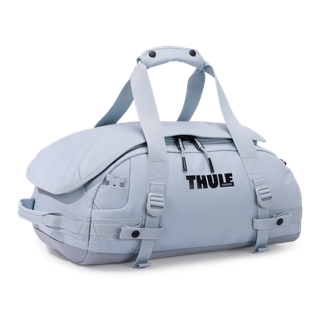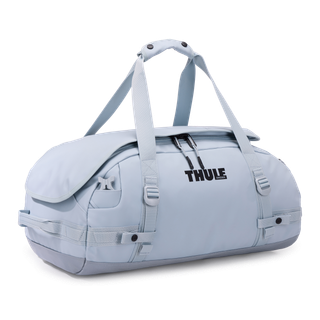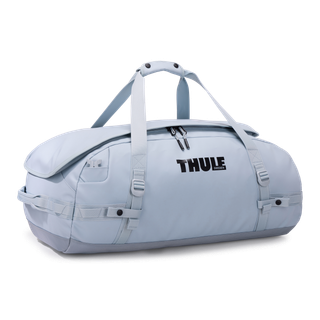Apa Sherpa doesn’t know how old he is. He says one of his passports says he’s born in 1960, but he doesn’t know for sure. You don’t celebrate birthdays in Nepal. But, from early childhood there was something special about Apa.
He always had one wish – he wanted to help the people of Nepal.





















